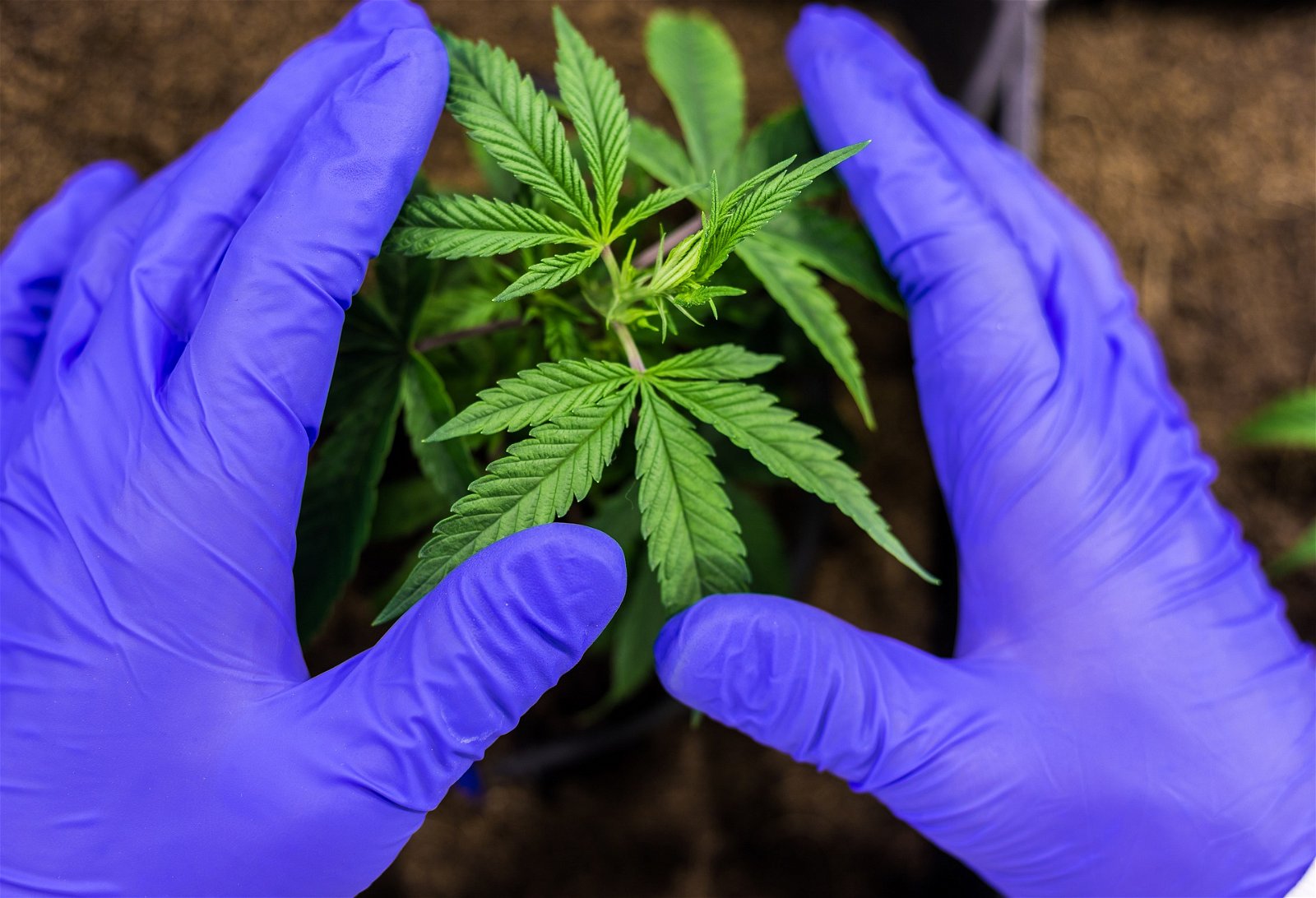The Best Medical Cannabis Uses in 2024 and Beyond!

Table of Contents
Are you ready to find more info on the best medical cannabis uses in 2024? As the world progresses into 2024, the realm of medical cannabis is not just evolving; it is revolutionizing the way we approach healthcare.
With its decriminalization and legalization in numerous countries, cannabis has transitioned from a taboo subject to a pivotal element in modern medicine, offering unprecedented solutions for a wide array of medical conditions.
Let’s delve into the comprehensive medical cannabis uses, exploring its impact on chronic pain, mental health, neurological disorders, cancer treatment, and the promising future that lies ahead.
Understanding Cannabis Compounds
Before we go intot he latest medical cannabis uses, we need to know more about the compound itself. Cannabis contains over a hundred cannabinoids, with CBD (Cannabidiol) and THC (Tetrahydrocannabinol) being the most prominent. CBD is celebrated for its therapeutic benefits without the psychoactive effects that THC carries. It has been shown to alleviate anxiety, depression, and seizures, and offer neuroprotective properties.
THC, despite its psychoactive nature, is a powerful analgesic and appetite stimulant, making it invaluable in pain management and as a support in cancer treatments. The synergy of these compounds, along with others like CBN (Cannabinol) and CBG (Cannabigerol), contributes to the entourage effect, maximizing the therapeutic potential of cannabis.
Chronic Pain Management: A New Horizon of Medical Cannabis Uses
The global burden of chronic pain is a pressing health issue, with millions suffering from conditions such as arthritis, neuropathy, and fibromyalgia. Medical cannabis represents a beacon of hope, offering a safer alternative to opioids, which are notorious for their side effects and high dependency risk.
The analgesic properties of cannabis, primarily attributed to THC and CBD, have been found to significantly reduce pain intensity, enhance sleep quality, and improve the overall quality of life for chronic pain sufferers. As research evolves, cannabis-based treatments are being refined, offering targeted relief with minimized side effects. This is how we find out about medical cannabis uses in 2024.
A Paradigm Shift in Mental Health Treatment
The exploration of cannabis in treating mental health disorders marks a paradigm shift in psychiatry. These are some of the best medical cannabis uses. Traditional treatments for conditions like anxiety, depression, and PTSD often come with challenging side effects, driving the search for alternative therapies. Cannabis, particularly CBD-rich strains, has emerged as a potent tool in this arena.
Its anxiolytic and antidepressant properties have shown promising results in reducing symptoms and improving patient outcomes. This natural approach is gaining traction, offering a complementary or alternative option for those seeking relief from mental health challenges.
Revolutionizing Neurological Care
The impact of cannabis on neurological and neurodegenerative disorders is among the most exciting developments in medical science. The FDA’s approval of CBD for certain types of epilepsy underscores its therapeutic potential.
Beyond epilepsy, cannabis is being studied for its efficacy in multiple sclerosis, Parkinson’s disease, and Alzheimer’s disease, offering symptoms relief and potentially slowing disease progression. The neuroprotective effects of cannabinoids could revolutionize the treatment of neurodegenerative conditions, providing hope for millions of patients and their families. Modern medical cannabis uses can really help with all these types of ailments.
Cannabis in Cancer Care: Beyond Symptom Management
Cannabis’s role in oncology extends beyond alleviating chemotherapy-induced nausea and pain management. Emerging research suggests that cannabinoids may possess anti-tumor properties, capable of inducing apoptosis in cancer cells and inhibiting tumor growth.
While these findings are preliminary, they point to a future where cannabis could play a role in cancer therapy, either as a standalone treatment or in synergy with traditional therapies. The potential of cannabis to improve the quality of life for cancer patients, coupled with its possible anti-cancer effects, makes it a focal point of ongoing research.
The Future of Medical Cannabis Uses
The trajectory of medical cannabis uses is set towards further integration into mainstream healthcare. Advances in research are expected to clarify the mechanisms of action, optimize dosing, and expand the list of treatable conditions. Innovative delivery methods, such as nanoemulsions and targeted delivery systems, are being developed to enhance bioavailability and provide controlled release, improving the efficacy and patient experience of cannabis-based treatments.
Furthermore, the ongoing legalization and decriminalization efforts are improving access to medical cannabis, ensuring that patients can benefit from its therapeutic potential without legal impediments. The future also holds the promise of personalized medicine, where treatments could be tailored to individual genetic profiles, maximizing efficacy while minimizing adverse effects.
Expanding Access and Education: The Key to Cannabis’s Future
As the medical community embraces the therapeutic potential of medical cannabis uses, two critical factors emerge as pivotal to its future success: expanding access and enhancing education. In 2024 and beyond, efforts to improve patient access to medical cannabis are gaining momentum. This includes not only legislative reforms to legalize medical cannabis in more jurisdictions but also initiatives to include cannabis-based treatments in health insurance coverage. By removing financial and legal barriers, patients who can benefit from cannabis therapy are more likely to receive the treatments they need.
Education plays a complementary role in this evolution. Healthcare professionals are increasingly seeking and receiving training on the use of cannabis in clinical practice. This education encompasses understanding the pharmacology of cannabis, recognizing appropriate clinical applications, and navigating the legal landscape. Furthermore, patient education initiatives are crucial to dispel myths, inform about potential benefits and risks, and guide on responsible use. As patients and providers become more knowledgeable about medical cannabis, the stigma surrounding its use diminishes, fostering a more accepting and informed approach to its integration into healthcare.Top of Form
Exploring Medical Cannabis Uses in 2024
As we look towards the best medical cannabis uses in 2024 and beyond, the promise of revolutionizing healthcare is undeniable. From providing effective pain management and mental health support to offering new avenues in the treatment of neurological and cancer-related conditions, cannabis is redefining the boundaries of medicine.
With continued research, legislative progress, and technological advancements, medical cannabis is poised to become an integral part of healthcare, offering safer, more effective treatments for patients worldwide. In this era of medical cannabis, we stand on the cusp of a new frontier, one where natural therapies offer hope and healing in the face of modern medical challenges.



